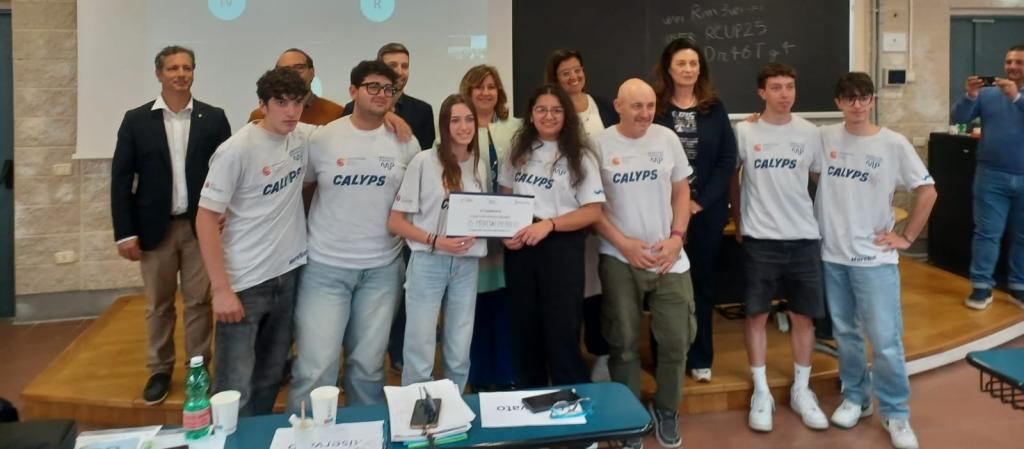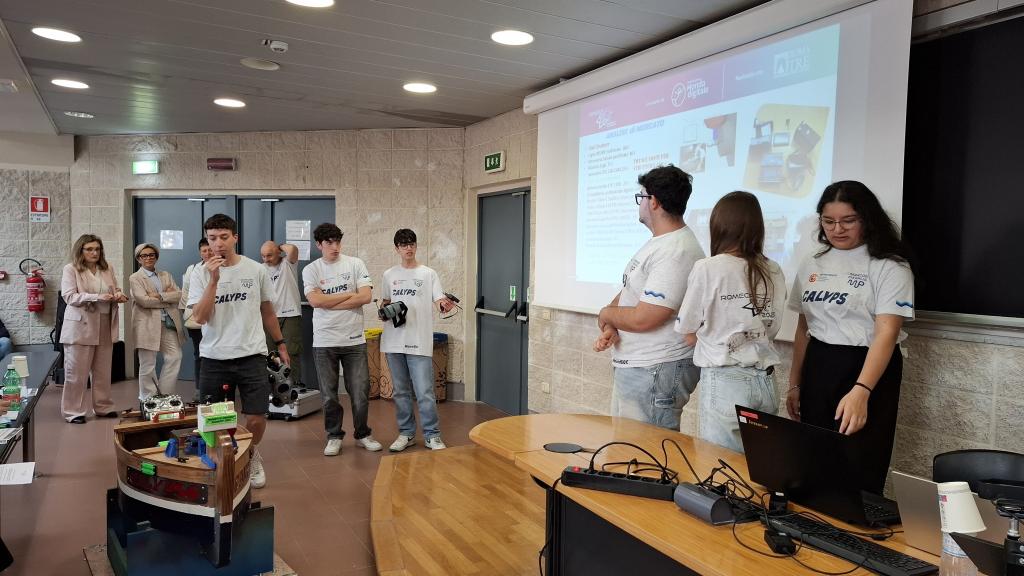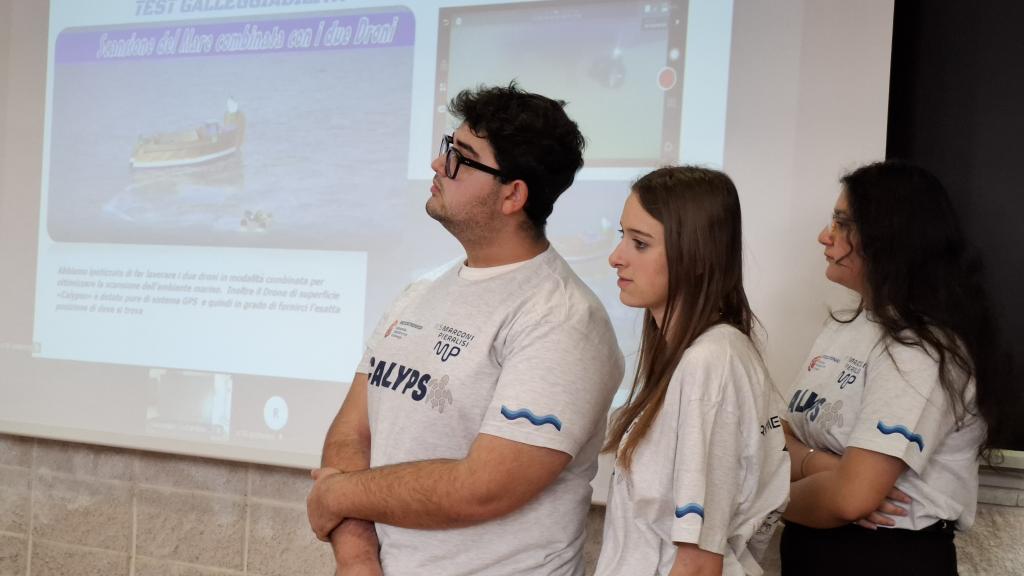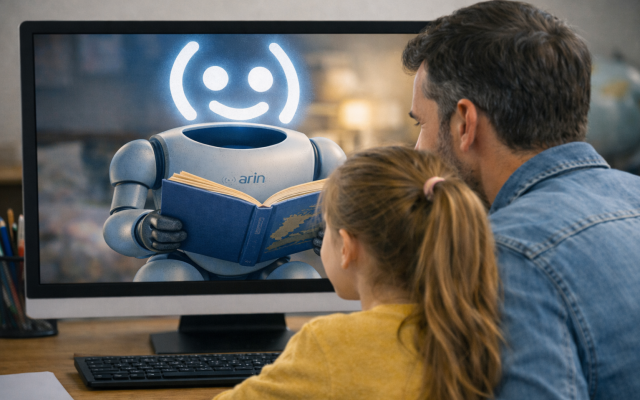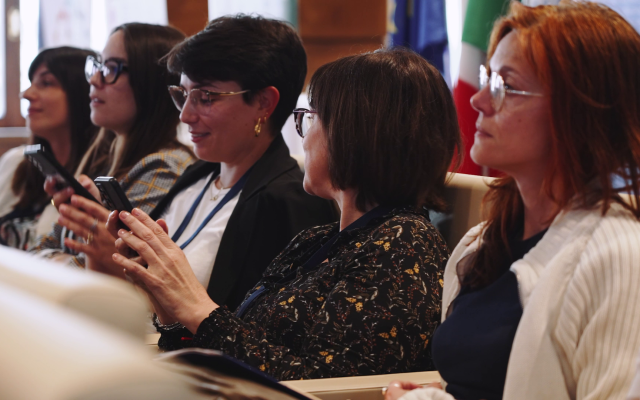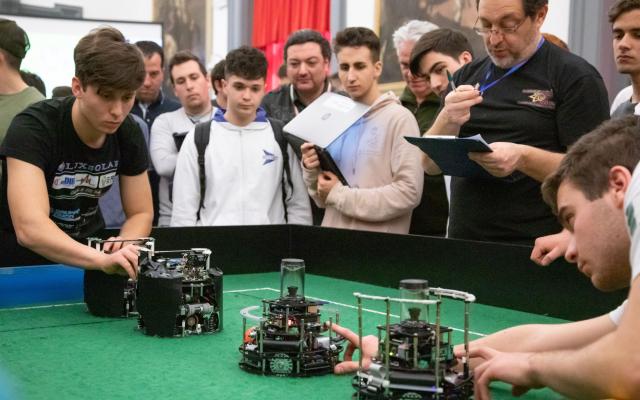An innovative boat to protect the health of the sea
Students studying Mechatronics at the Marconi Pieralisi Institute in Jesi (Ancona) won over the jury of the RomeCup 2025 creative contest with Calypso, an extraordinary autonomous vessel designed to monitor the sea surface and detect microplastics and mucilage. The project was carried out in collaboration with the Polytechnic University of Marche, under the guidance of researcher David Scaradozzi.
From tradition to innovation
Inspired by the ‘Battana’, a typical Adriatic fishing boat from the early 20th century, Calypso combines the charm of coastal tradition with the most advanced technology. Built in Okumè marine wood using CAD-CAM techniques, the boat is equipped with electric propulsion, scanning cameras and a GPS system, and is entirely designed to operate in a sustainable manner.
Scanning and augmented reality
Calypso integrates two video cameras: one for navigation and surface scanning, controllable in augmented reality thanks to a VR headset, and one underwater, capable of observing up to two metres deep. Both transmit images in real time, allowing for precise analysis of the marine environment. In addition, the team is integrating a mini underwater rover for explorations up to 70 metres.
Field testing and educational impact
After testing in the pool, the boat was put to the test in the open sea in Portonovo Bay, demonstrating stability, manoeuvrability and electronic reliability. The experiment also had a strong educational impact. As described by professor Giuliano Fattorini (Design and Mechatronic Systems Laboratory), the experience ignited in the students ‘the spark that makes them even more interested, proactive and eager to learn’.
Awards and recognition
The Calypso project won first prize in the MareBOT category of the RomeCup 2025, also winning a cash prize of €500. The event involved 25 schools from all over Italy; the Marche region was also represented by the Liceo Scientifico di Jesi. Great satisfaction was expressed by the head teacher, Maria Rita Fiordelmondo, who congratulated the students on their achievement.
Sustainability and replicability
The project respected the maximum budget set by the contest, also demonstrating a concrete focus on economic and environmental sustainability. The entire system, from the structural to the electronic components, was carefully selected to optimise costs and performance, making Calypso a replicable model for future environmental monitoring initiatives.
